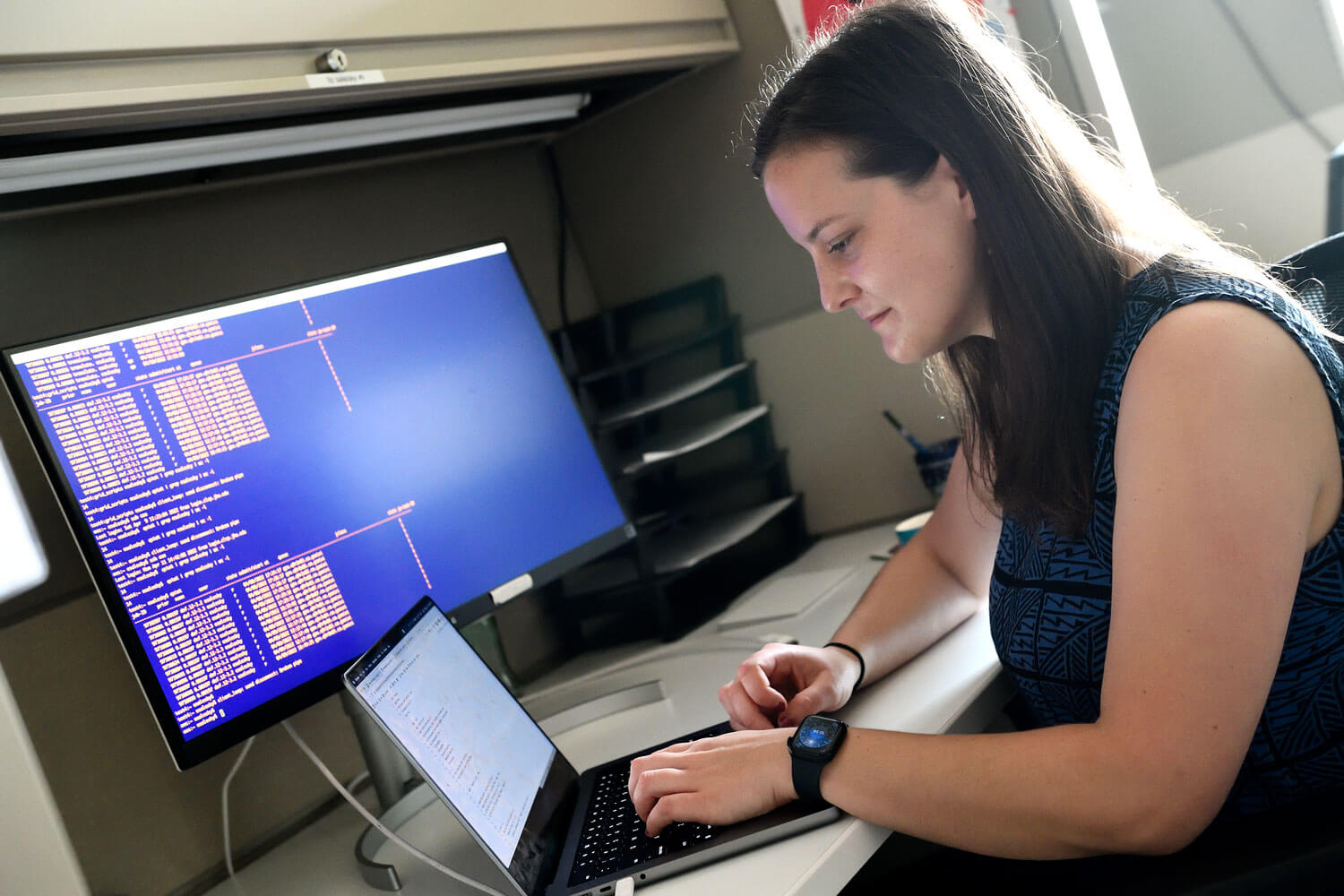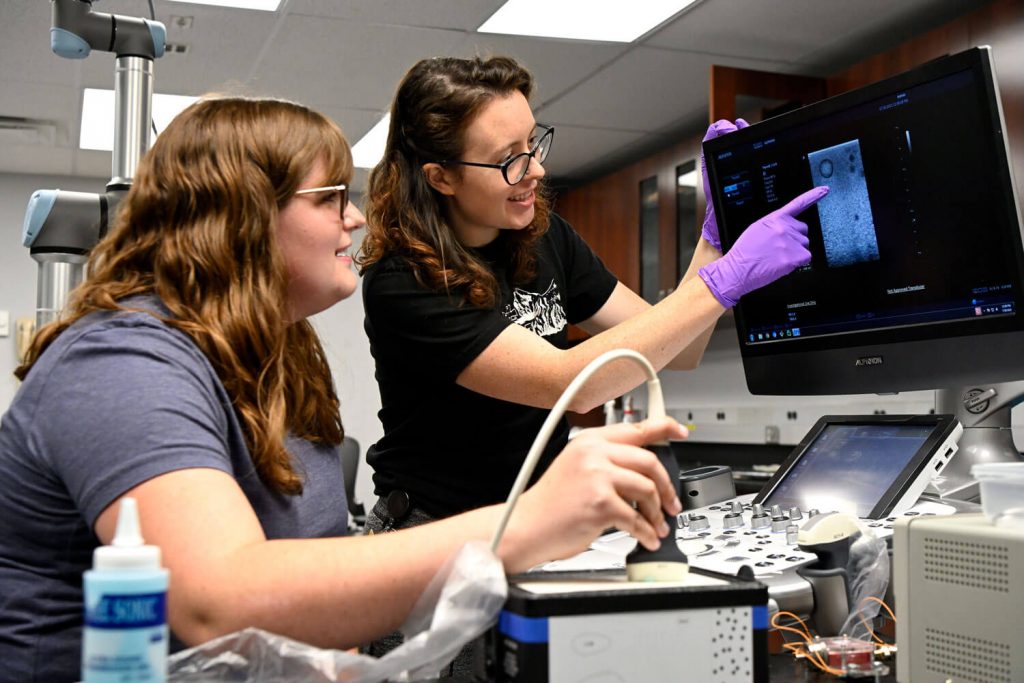Computational Medicine

Using powerful computational tools to transform the practice of medicine.
Our Computational Medicine minor is the first educational program of its kind, and our core faculty come from departments across the Schools of Medicine and Engineering.
Computational Medicine will give you a foundation in developing and applying computational methods to improve disease diagnosis and treatment. You’ll learn how mathematical models can be constructed from biophysical laws or experimental data, and how predictions from these models can help improve patient care.
CLASSES YOU MIGHT TAKE

Introduction to Computational Medicine: Imaging
This course covers computational anatomy. You’ll learn how to model anatomies using magnetic resonance imaging data, compare anatomies via mappings onto anatomical atlases, discover anatomical biomarkers of disease, and analyze changes in the connectivity of anatomies in disease.

Systems Pharmacology & Personalized Medicine
Individuals are different, and so are their responses to drugs. This course focuses on computational approaches needed to provide insight into what determines drug responsiveness.

Computational Stem Cell Biology
We’ll explore the concepts of multipotency and self-renewal in stem cells across several contexts and perspectives. This course emphasizes seminal and new studies in development and stem cell biology, and the critical role of computational approaches.
Faculty Spotlight

Join the Club
Hopkins students are eager to pursue their interests outside the classroom. With 450+ student-led organizations, here are just a few you could join:
- Johns Hopkins Association for Computing Machinery
- Johns Hopkins Undergraduate Brain-Computer Interface Society
- Medical Technology Network at Johns Hopkins (MTN)
- Out in Science, Technology, Engineering & Mathematics (oSTEM)
- SciComm
- The Triple Helix at Johns Hopkins University
- Women in Computer Science